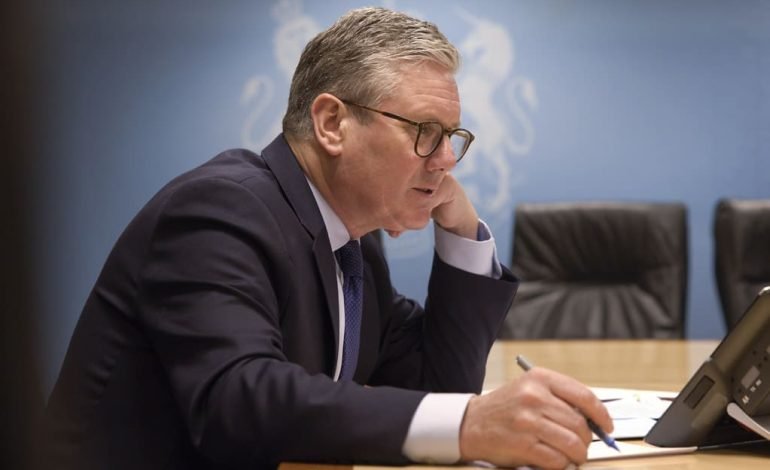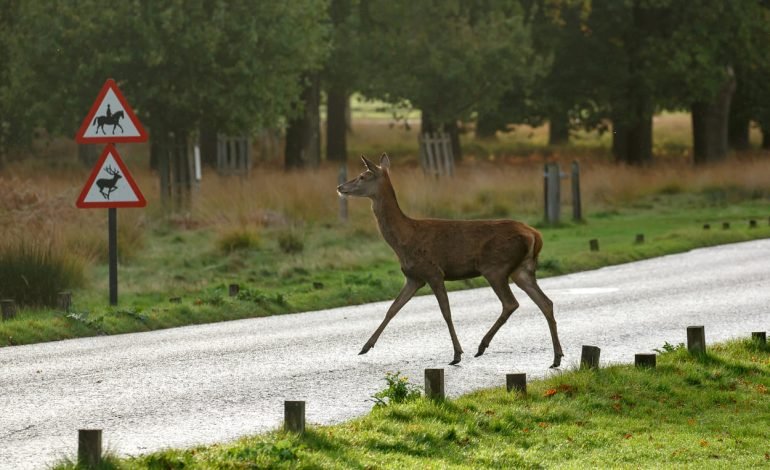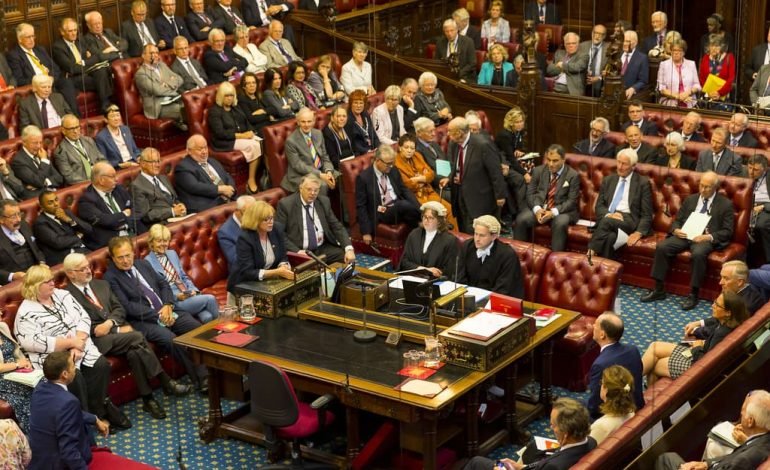
The recent Keir Starmer Taylor Swift meeting has sparked significant controversy after the American pop star was granted a royal-style police escort for her final UK concert. This high-profile meeting, which took place at Wembley Stadium, has raised questions about the involvement of senior Labour figures, including the Labour leader himself, in securing exceptional security measures typically reserved for top UK officials.
Taylor Swift received enhanced security arrangements during her UK tour in August after her team expressed concerns about potential threats. Following the cancellation of several shows in Vienna due to security risks, Swift’s representatives requested a blue-light police escort through London. Such an escort is usually reserved for senior government officials or members of the Royal Family, not entertainers. Scotland Yard initially hesitated, citing that this level of protection was outside standard protocol for public figures outside government or royalty. However, with discussions involving Sir Keir Starmer’s then-chief of staff, Sue Gray, and other senior Labour politicians, including Home Secretary Yvette Cooper and Mayor of London Sadiq Khan, the escort was eventually granted. No. 10 has maintained that the Metropolitan Police’s final decision was made independently and was based on a detailed assessment of risk and public safety.
This decision has ignited a political storm, with Conservative figures calling for an independent investigation into potential political influence on the police. Tory spokesperson Susan Hall expressed her concerns in a letter to the Cabinet Office, claiming that senior Labour figures appeared to have applied undue pressure on Scotland Yard. She argued that Labour’s involvement could set a troubling precedent for policing in the UK, especially since key Labour politicians, including the Home Secretary and Mayor of London, subsequently attended Swift’s concert. Hall stressed the importance of maintaining police independence, stating, “It is highly concerning that influential Labour politicians have used their positions to seek security arrangements reserved for the highest offices.”
Related Articles on EyeOnLondon
Keir Starmer’s Power Struggles: Labour’s Internal Battles
The Cabinet Office has since dismissed these calls for an inquiry, asserting that the decision rested solely with the Metropolitan Police and was based on assessments of public safety and potential threats. Downing Street officials also denied any allegations of impropriety, emphasizing that tickets provided to Labour members by Universal Music, Swift’s record label, were not a reward for securing the escort. A spokesman for Sir Keir Starmer reiterated that the meeting between Starmer, Swift, and her mother Andrea—who also serves as her agent—was focused on public safety. He confirmed that discussions regarding the police escort were not on the agenda.
For the UK public, this incident has highlighted the growing debate over the use of public resources for private security, especially for international celebrities. As London continues to be a popular destination for high-profile figures, the question of deploying police resources to escort them has become increasingly prominent. Scotland Yard has emphasized its operational independence, noting that security arrangements are guided by thorough risk assessments and prioritising public safety above all.
The controversy surrounding the Keir Starmer Taylor Swift meeting comes at a time when the public is increasingly scrutinising the balance between celebrity and state resources. While many fans enjoyed Swift’s Wembley performance, others have raised concerns about the long-term implications of extending such privileges to public figures outside of the official roles the escorts were originally designed to protect. Conservative critics continue to call for a review, underscoring the need for transparency and independence in policing decisions.
This debate is unlikely to fade soon, with broader implications for how public resources are allocated. If high-profile entertainers begin to routinely receive such security measures, the pressure on public resources could grow, possibly resulting in calls for policy adjustments. As such, the Keir Starmer Taylor Swift controversy has underscored an issue that is likely to resonate well beyond the music industry, reaching into the heart of the UK’s political and public safety sectors.
For more updates on UK public figures, celebrity security, and other high-profile events, visit EyeOnLondon for the latest insights.









